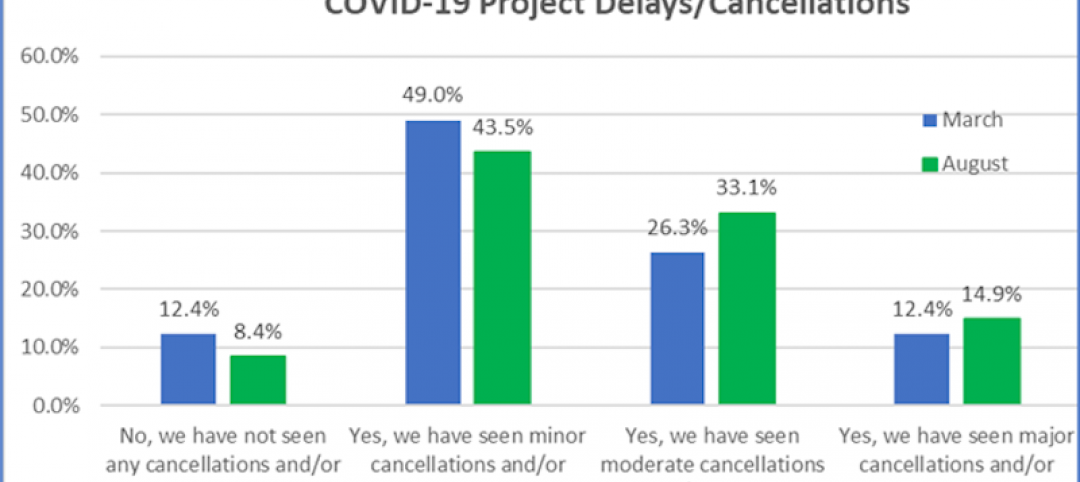As of Jan. 1, 2015, all employers under the jurisdiction of the Occupational Safety and Health Administration are required to report all work-related fatalities within eight hours and all in-patient hospitalizations, amputations, and losses of an eye within 24 hours of finding out about the incident.
Even employers who are exempt from routinely keeping OSHA records due to company size—such as companies with 10 or fewer employees— must comply with the new reporting guidelines. These firms typically do not have to routinely keep injury and illness records.
Before the new regulations went into effect, employers only had to report all work-related fatalities and hospitalizations of three or more employees involved in the same incident.
There are some circumstances that are exempt from the reporting requirements including:
· Only fatalities occurring within 30 days of the work-related incident must be reported.
· For an inpatient hospitalization, amputation or loss of an eye, incidents must be reported to OSHA only if they occur within 24 hours of the work-related incident.
· Employers do not have to report an in-patient hospitalization if it was for diagnostic testing or observation only.
(http://www.insurancejournal.com/news/national/2014/12/31/351332.htm)
Related Stories
Codes and Standards | Nov 2, 2020
Wildfires can make drinking water toxic
Updated building codes could mitigate the danger.
Adaptive Reuse | Oct 26, 2020
Mall property redevelopments could result in dramatic property value drops
Retail conversions to fulfillment centers, apartments, schools, or medical offices could cut values 60% to 90%.
Codes and Standards | Oct 26, 2020
New seismic provisions for the National Earthquake Hazards Reduction Program released
The provisions present a set of recommended improvements to the ASCE/SEI 7-16 Standard.
Codes and Standards | Oct 22, 2020
More than 130 building projects have engaged LEED’s Safety First Credits in response to COVID-19
Best practices helping companies develop and measure healthy, sustainable, and resilient reopening efforts.
Codes and Standards | Oct 21, 2020
New technologies and techniques can ‘future-proof’ buildings
Net-zero principles may give buildings longer lives.
Codes and Standards | Oct 20, 2020
Updated AIA Contractor’s Qualification Statement and Warranty Bond documents available
Statement now includes safety protocols and plans, sustainability, and BIM experience.
Codes and Standards | Oct 19, 2020
NEXT Coalition chooses five pilot projects to fight COVID-19 on jobsites
Mobile platforms, wearable sensors, AI video systems among the trial solutions.
Codes and Standards | Oct 15, 2020
Neighborhoods Now offers cost-effective, DIY designs in response to COVID-19 pandemic
Designs include barriers for outdoor dining, sidewalk retail displays, and modular seating for public spaces.
Codes and Standards | Oct 14, 2020
Standard contract document for prefab and modular building released
ConsensusDocs addresses the most common prefabricated construction use-case scenario.
Codes and Standards | Oct 13, 2020
Austin is first major Texas city to adopt wildfire code
New ordinance based on the International Wildland-Urban Interface Code.

















